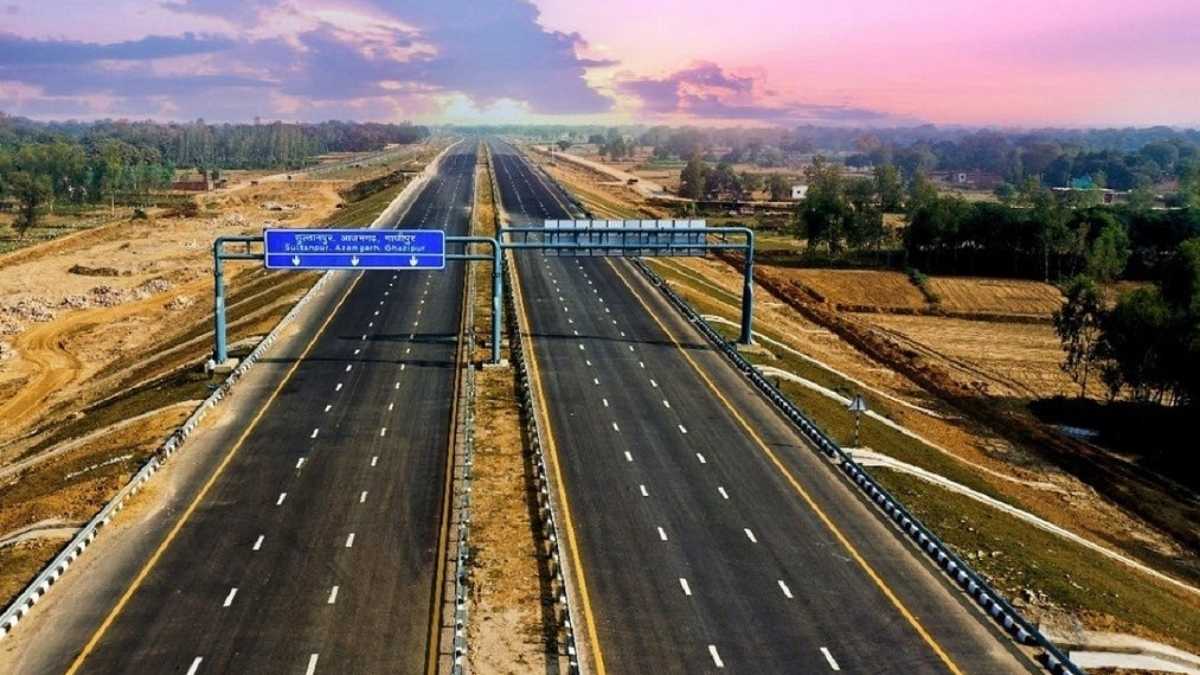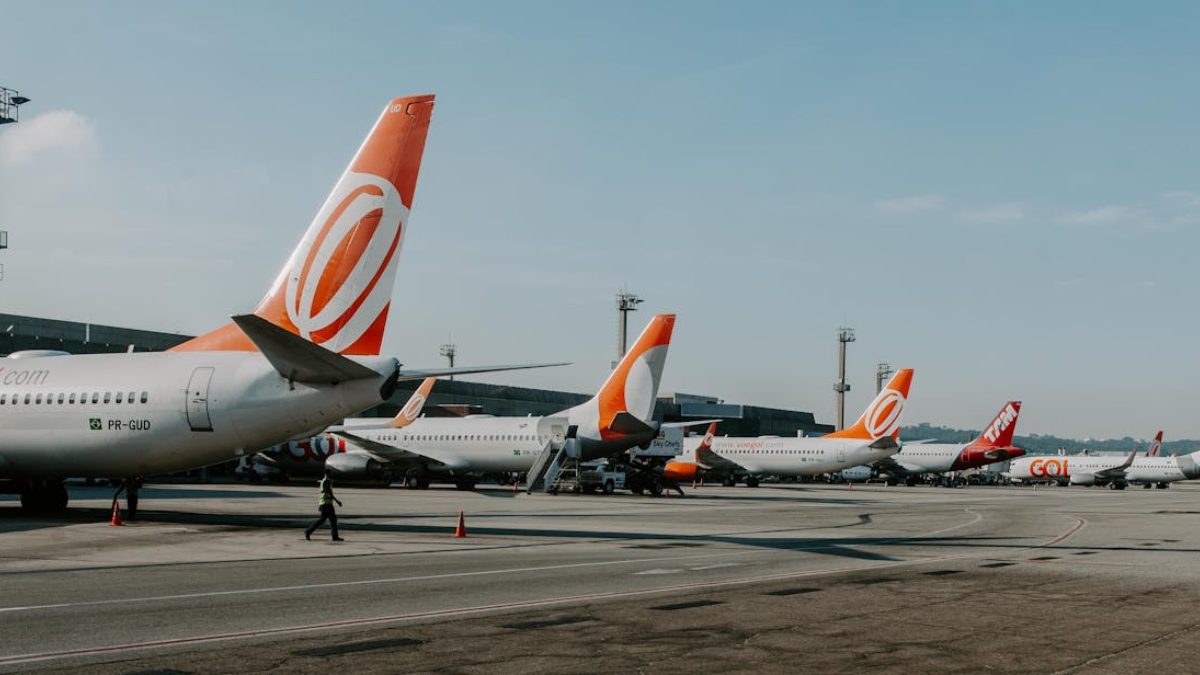India has been on lockdown since about the last 43 days to combat the spread of COVID-19. As per government norms, all transport facilities, including buses, railways and airlines will remain suspended until the last day of lockdown, which is expected to be on 17th May 2020. Due to the prolonged halt in the operations, the aviation industry has faced huge economic losses. Top-notch aviation companies like Europe’s Flybe Group Plc and Virgin Australia Holdings Ltd. have even collapsed after going bankrupt. Also, when the services will finally resume, the airlines have to operate taking into account the guidelines of social distancing. This might result in a considerable hike in the plane fares. Here’s how.
What Can Happen?
While the airlines are hopeful about resuming their services soon, they might not be allowed to take bookings for the middle seats to keep safe distances between the travellers. They may also have to keep the last three rows empty to cater to the needs if a person is quarantined in the middle of the journey. As the airlines are already in losses, they will have to make up for the costs of seats that won’t be allowed to be booked. And the only way they can do that is by increasing the fares of the chargeable seats.
As per the estimations of Centre for Asia Pacific Aviation India (CAPA India), the prices of vital routes can be double the usual amounts. For example, Delhi-Mumbai one way ticket price will rise from ₹5,000 to a maximum of ₹9,700. In a similar manner, Delhi-Bengaluru flight fares will increase from ₹5,700 to about ₹11,200.
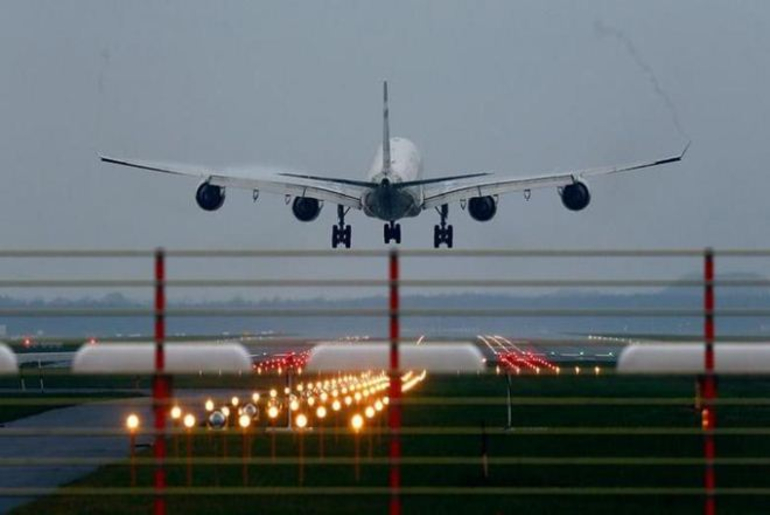
What Else?
Not only there will be fewer number of chargeable seats, but the operational costs of the flights will also remain the same. Operational costs include fuel rates, parking charges, etc. On top of that, due to rigorous flight cleaning and slower boarding processes post lockdown, the turnaround time will also increase, which might further reduce the profits of the carriers.
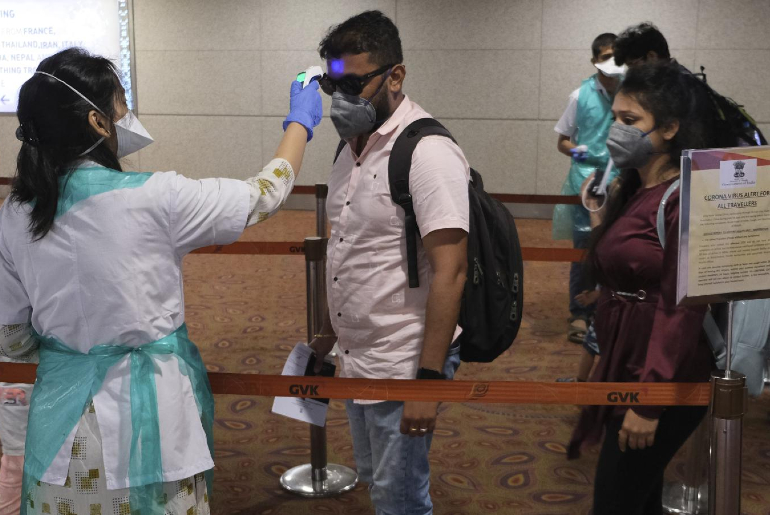
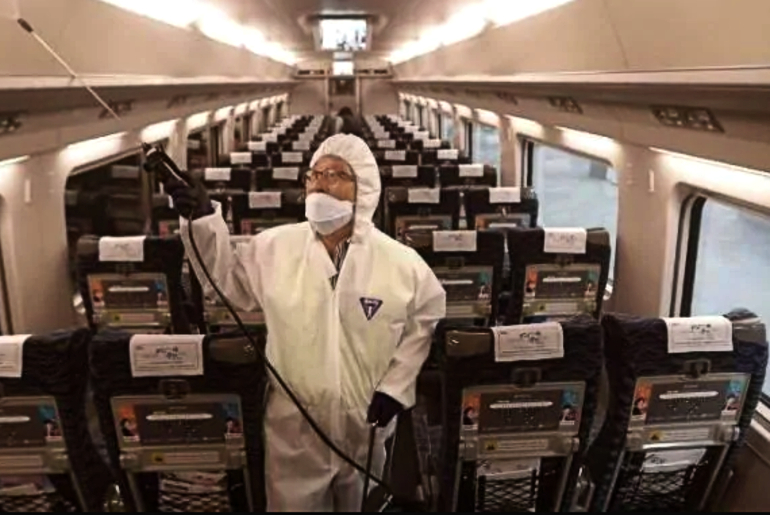
So, if you’re booking a flight post lockdown, be ready for the extra expenses. The airlines cannot be blamed either. After all, they too need to survive so that they can continue providing us with their valued services. The best we can do now is to cooperate with the situation while keeping our safety standards high.
First Published: May 09, 2020 7:30 PM

